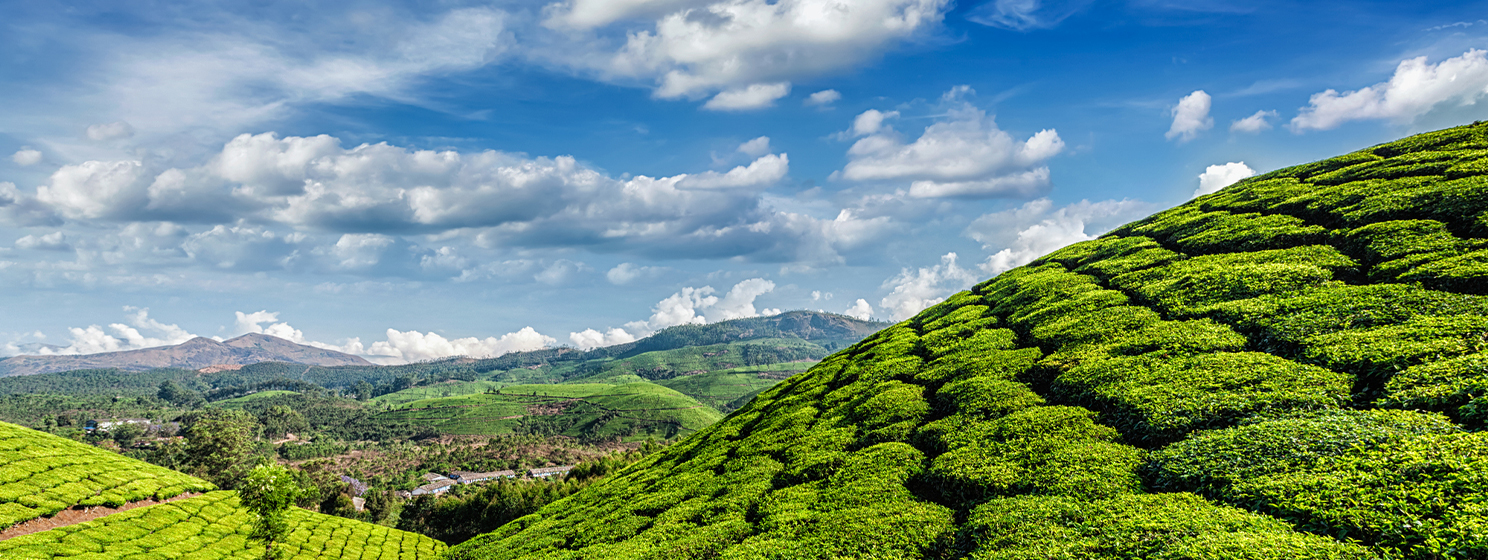|
Getting your Trinity Audio player ready...
|
India, the world’s second-largest tea producer after China, is set to implement a blockchain and artificial intelligence (AI)-powered auction system to enhance transparency and streamline operations within the tea industry.
The northeastern state of Assam has announced its plans to collaborate with various tea industry stakeholders to establish India’s first AI-driven, blockchain-based tea auction platform. This innovative system is poised to transform the tea trade by ensuring secure transactions and promoting fair pricing practices. By leveraging these advanced technologies, the platform is expected to not only boost the efficiency of the tea industry but also strengthen Assam’s reputation as a global leader in the tea sector.
As the largest tea-producing state in India, Assam contributes more than 50% of the nation’s total tea output, making this initiative a key step in solidifying its dominance in the global tea industry.
“Assam will work with tea industry stakeholders to introduce India’s first AI-driven, blockchain-based tea auction system to enhance transparency and efficiency,” the Assam Budget 2025-2026 said.
“This digital platform will revolutionize the tea trade by ensuring secure transactions and fair pricing. The initiative will strengthen Assam’s position as a global leader in the tea industry.”
Assam’s finance minister, Ajanta Neog, presented the 2025-26 fiscal year budget in the state Assembly. The state is gearing up for provincial elections due in early 2026.
Assam, known for producing premium tea, is a vital contributor to India’s tea exports. However, issues such as price manipulation and lack of transparency have long plagued the auction system. Integrating blockchain and AI technologies is poised to revolutionize the tea industry, driving economic growth for both Assam and India.
This digital transformation aligns with Assam’s broader goal of embracing advanced technologies to foster sustainable development. By adopting these innovations, Assam sets a benchmark for other states and industries to follow. The new platform is expected to provide equal market access for all participants, from small-scale farmers to large estates, offering data-driven insights, fair pricing, and a secure, decentralized system to eliminate fraud. In addition to auctions, the blockchain system will enhance supply chain transparency, while AI is expected to streamline the auction process by analyzing market trends, reducing delays, and improving efficiency.
Indian tea auctions are some of the largest and most influential globally, with prominent centers in cities like Kolkata, Guwahati, and Cochin, which are key to the country’s tea industry. A tea auction is a platform where tea growers, sellers, and buyers gather to bid on and purchase different types of tea. These auctions are typically held at specialized centers and are essential in setting the prices and determining the supply of tea in the market. Producers present samples of their tea, and potential buyers—ranging from traders to packers and distributors—place bids based on the quality and demand for the tea. This auction process plays a vital role in price determination, ensuring transparent and fair transactions for both buyers and sellers.Tea, or “chai” as it is commonly known in India, is far beyond a mere drink; it is a cornerstone of the nation’s cultural identity. India’s deep-rooted connection with tea spans hundreds of years, and it has grown to become the world’s second-largest producer of this beverage. The country’s rich cultural traditions and varied landscapes provide an ideal setting for tea cultivation, making it a vital agricultural product. Tea plays a central role in social interactions, daily routines, and even religious practices, making it an inseparable element of Indian life.
According to Tea Board of India data, India produced 1284.78 million kilograms of the tea crop during January and December 2024, a drop of 7.8% during the same period in 2023 when the production figure was 1393.66 million kilograms. The decline was due to unfavourable weather conditions, including heat waves and floods, which disrupted production during the crucial harvesting period. This drop in production caused a significant rise in tea prices. The average cost of tea in 2024 reached 198.76 rupees ($2.32) per kilogram, marking an increase of nearly 18% compared to the previous year.
However, Indian tea exports in 2024 jumped almost 10% compared to 2023, driven by demand from UAE, Iraq, and Russia. According to the Tea Board data, India exported 254.67 million kilograms of the crop between January and December 2024, about 10% higher than the 231.69 million kilograms it exported during the same period in 2023. India primarily exports CTC (crush-tear-curl) grade tea to markets like Egypt and the United Kingdom, while the orthodox variety is shipped to Iraq, Iran, and Russia.
Assam’s other initiatives
Assam is also planning India’s first AI-powered anti-deepfake and cyber surveillance laboratory.
“Assam Police will be encouraged to set up India’s first AI-based lab to combat deepfake threats and enhance cyber surveillance. This cutting-edge facility will strengthen cybersecurity, digital forensics, and online threat detection. The initiative will position Assam as a leader in AI-driven law enforcement and cybercrime prevention,” the provincial government said in the Budget document.
The Assam government plans to modernize land revenue collection and make it more accessible. Assam is transitioning to the National Generic Document Registration System (NGDRS) under the “One Nation, One Software” initiative. Additionally, the state plans to use geospatial tools for accurate land valuation and implement blockchain in NGDRS for secure and faster transactions, the Budget document stated.
Watch: ‘Disruptive’ blockchain can be useful for India
Recommended for you
British lawmakers of the parliamentary national security committee have called for a temporary ban on political parties receiving donations in
Circle (NASDAQ: CRCL) soared in 2025 thanks to U.S. ‘regulatory clarity,’ but can this momentum survive a ban on crypto

 02-27-2026
02-27-2026 




